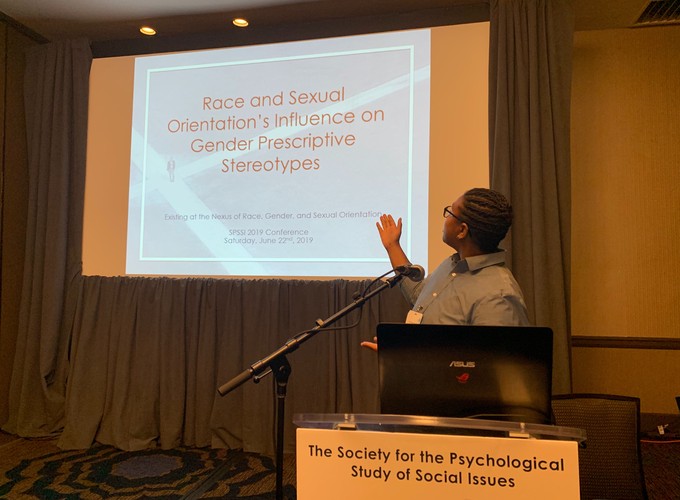Abstract
Gender stereotypes persist in society. Many of these stereotypes are prescriptive, indicating how men and women should behave in social situations. However, an outstanding question is whether these normative gender beliefs apply equally to men and women of additional social categories. This work explores this question using an intersectional approach by asking participants to indicate the desirability of men, women, and people of different sexual orientations (Study 1) and races (Study 2) displaying a series of masculine and feminine traits. The results clearly show that although the category “man” and “woman” have different prescriptive stereotypes that haven’t substantively changed since 2002, race and sexual orientation substantively alter the landscape of these gendered stereotypes. In both studies, participants’ ratings for men and women most closely matched ratings for straight and White men and women, with other gender x sexual orientation or gender x race combinations less clear. These findings have implications for norm violation accounts of discrimination and negative affect towards male and female targets. Furthermore, these findings suggest that research on prototypical groups do not necessarily generalize to other subcategories, making intersectional research even more important to conduct.
